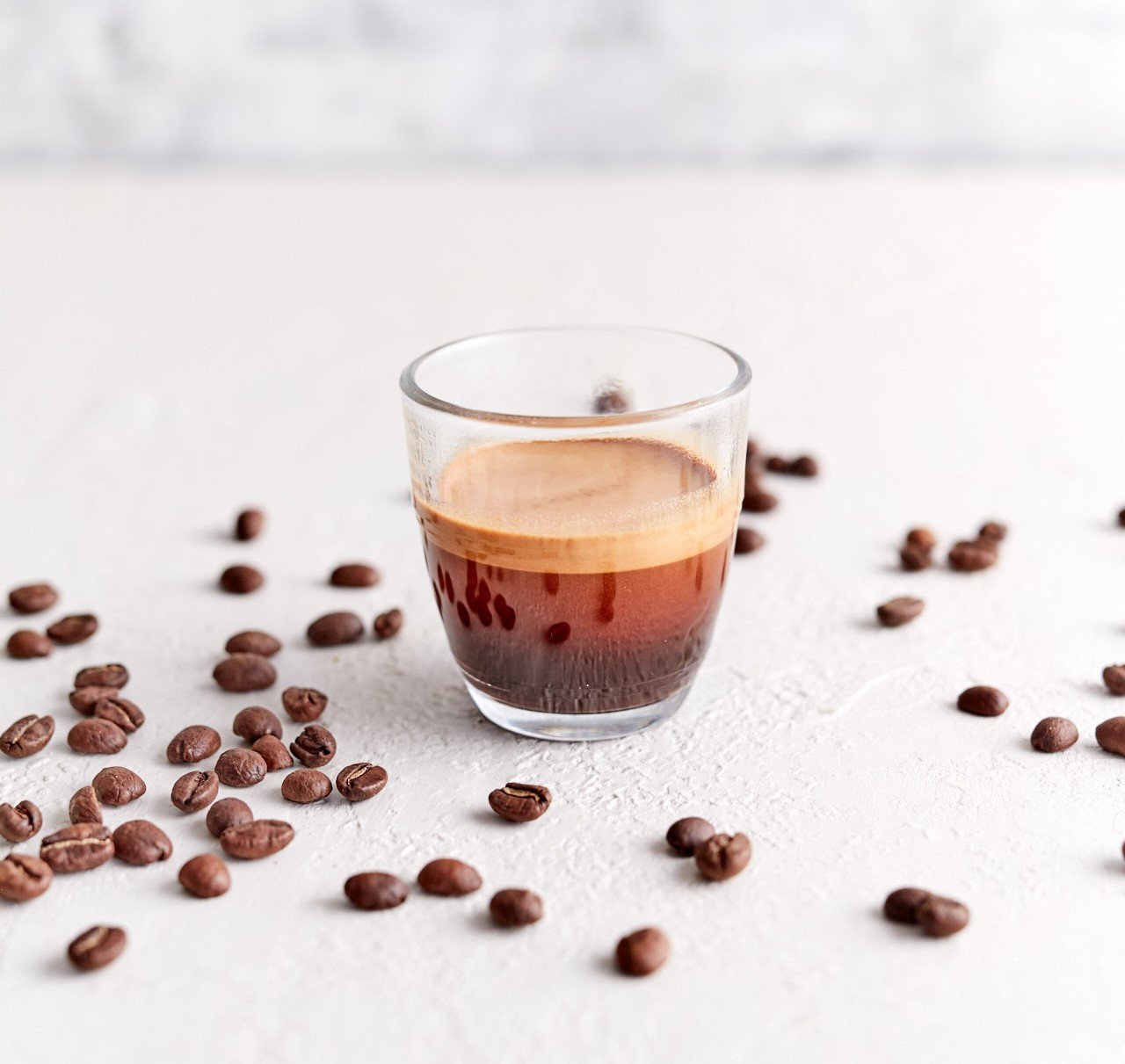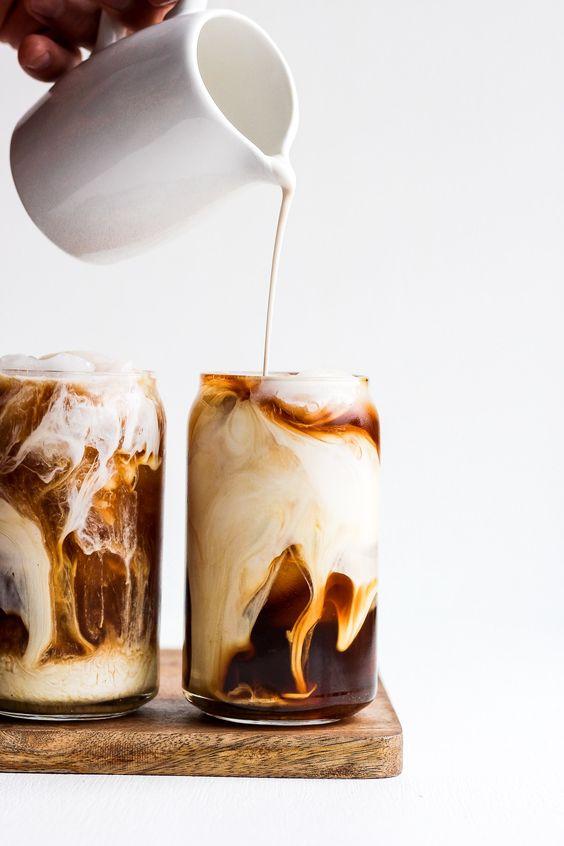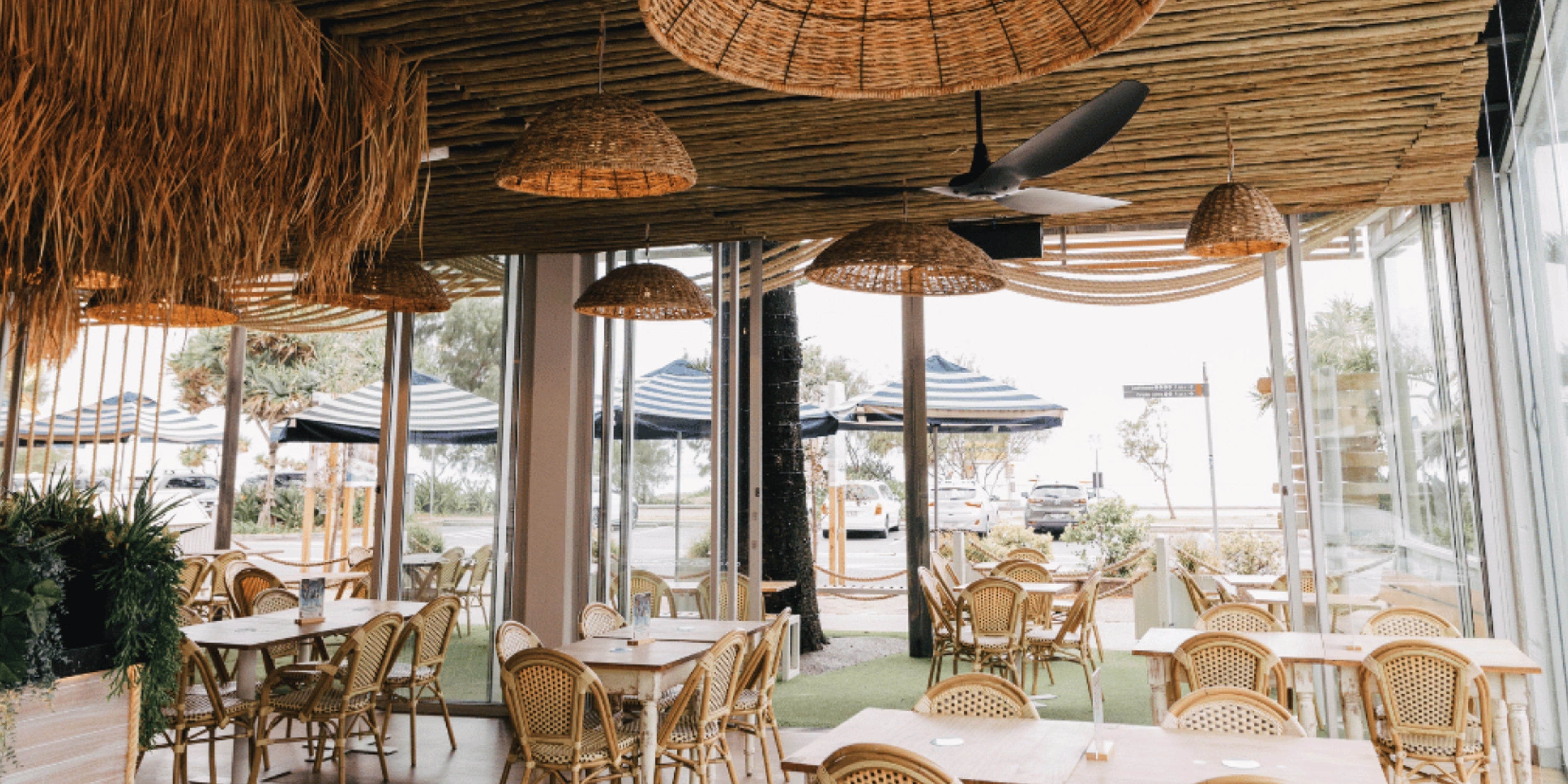What can affect the taste of your espresso?

Purchasing the best quality coffee beans on the market is only the start to making yourself a great coffee. Without brewing your water at the right temperature or getting the grind right you may still end up with a poor tasting espresso. So, how do you know if you are doing it right? Let us explain some basic checks and processes that you can follow to ensure you get the best out of your coffee.
- Espresso is commonly brewed between 91 degrees Celsius and 96 degrees Celsius. This is because the brew temperature will generally have quite a strong effect on the shot weight of the coffee.
- Never use boiling water (100 degrees Celsius or over) as you will burn the coffee and be left with a very bitter taste. Water that is less than 91 degrees Celsius will not extract properly and you will be left with a short pour.
- As brew water temperature is increased, the flow rate of the coffee through the puck decreases and you won’t get as much coffee extracted per shot, this also occurs when temperature is too low. So, getting the temperature just right is VERY important.
- Flow rate also decreases when pressure is too high and gases get trapped inside the porous coffee granules. When trapped at high temperatures the carbon dioxide pressure is mixed with the volatile aromas inside the coffee granules which causes the granules to swell up, making it harder for liquid to flow through. This will again leave you with a short coffee.
- But it’s not all just about the water temperature, the grind of the coffee beans is crucial to creating a delicious tasting coffee as well. If the beans are ground too finely it will result in the coffee being over exposed to the water and it will dissolve many undesirable compounds referred to as ‘bitters’, leaving you with (you guessed it) a very bitter coffee. The trick is to only get what you want out of the coffee and nothing more.
- Similarly, if the beans aren’t ground enough you are also going to have problems. In this case, the water won’t come into contact with the coffee for long enough and it will leave your coffee quite tasteless and watery.
There are many aspects to take into consideration when making your coffee, but if you follow the information we have provided you here today the result should be a great tasting coffee… especially if you are using our St Remio beans!
References:
Black Bear Coffee 2019, ‘How to brew the perfect cup of coffee’, Resources, viewed 9/04/2019, <https://blackbearcoffee.com/resources/87>
Bean Scene Magazine 2019, ‘How brew water temperature effects espresso extraction’, How to, viewed 9/04/2019, <https://www.beanscenemag.com.au/brew-water-temperature-effect-espresso-extraction/>
Easthope, A 2015, ‘Brew temperature and its effects on espresso’, Five Sense Coffee News and Events, viewed 9/04/2019, <https://www.fivesenses.com.au/blog/brew-temperature-and-its-effects-on-espresso/>
National Coffee Association USA 2019, ‘How to brew coffee’, About Coffee, viewed 9/04/2019, <https://www.ncausa.org/About-Coffee/How-to-Brew-Coffee>



